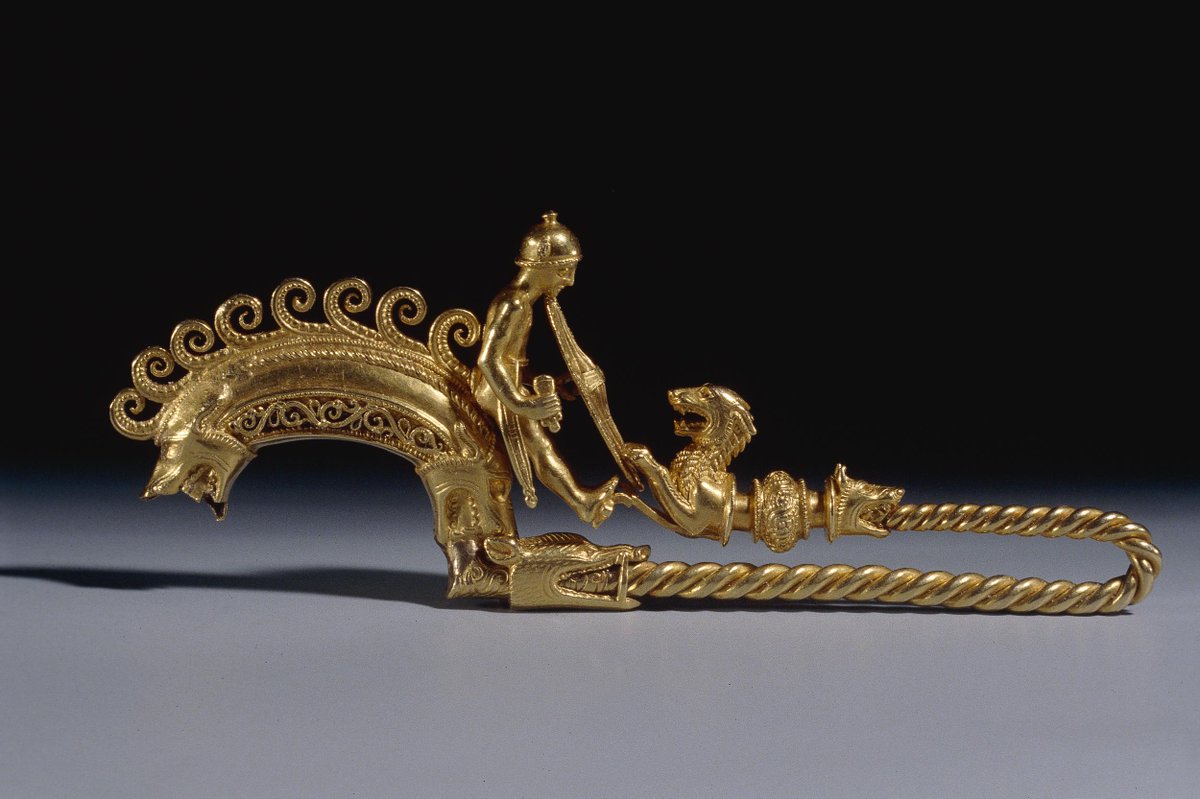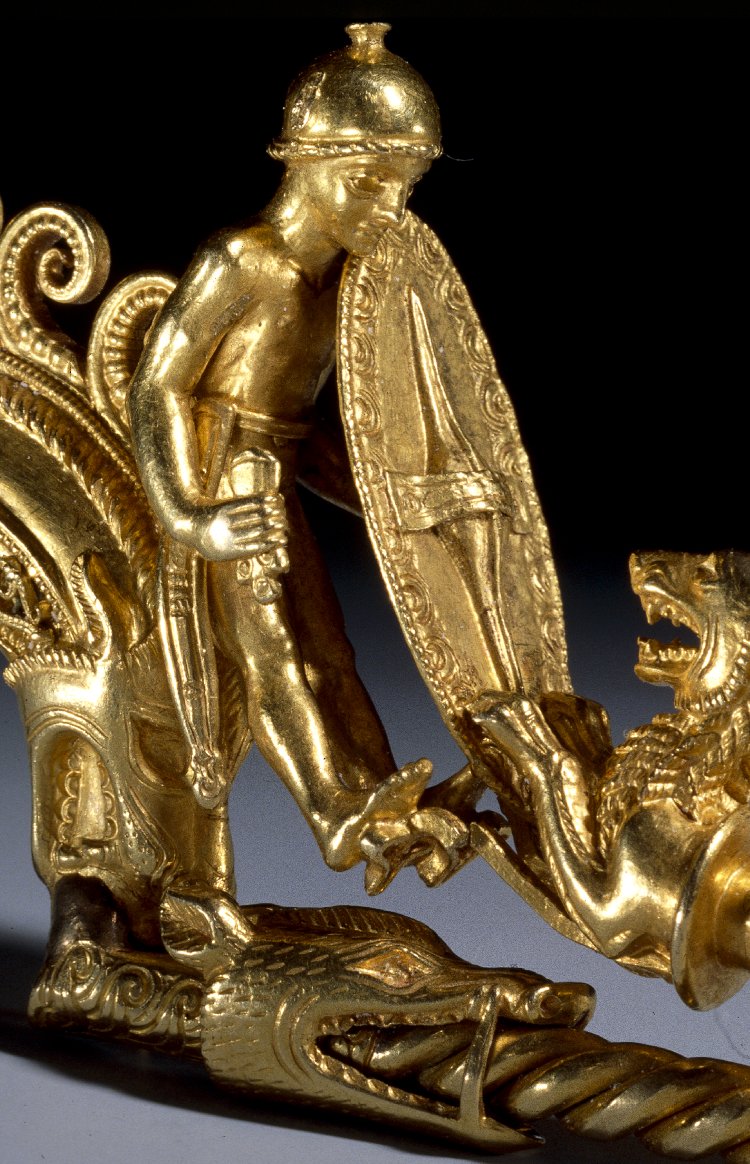
Thucydides (3.82.7) has a line about civil strife, "revenge was held better than avoiding harm in the first place and oaths of reconciliation, being offered only to meet a current setback, held good only while there was no other weapon to hand."
Lot of that going around now.
Lot of that going around now.
https://twitter.com/marcorubio/status/1348277056509980676
When Marco Rubio thought he was winning, he was all, "We Love What They Did" about violence and intimidation (miami.cbslocal.com/2020/11/03/flo…), now that he's losing and has "no other weapon to hand" he's all about forgiveness and 'unity.'
You know who didn't do that?➡️Joe freakin' Biden⬅️. @JoeBiden was for the same program of justice, accountability and unity today as he was during the general election.
He was for the law when the rioters were supposedly on 'his side' and when they were on 'the other side.'
He was for the law when the rioters were supposedly on 'his side' and when they were on 'the other side.'
He was for the law in victory. He was for the law in defeat.
He insisted, from the beginning, that there was only an American side - the side with the law, with democracy - and its enemies. And he has never wavered in what it meant when someone chose to be against America.
He insisted, from the beginning, that there was only an American side - the side with the law, with democracy - and its enemies. And he has never wavered in what it meant when someone chose to be against America.
• • •
Missing some Tweet in this thread? You can try to
force a refresh




